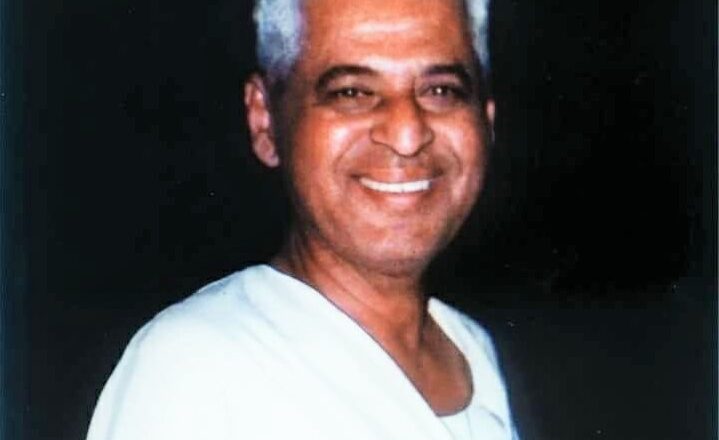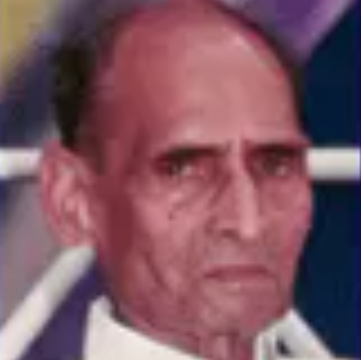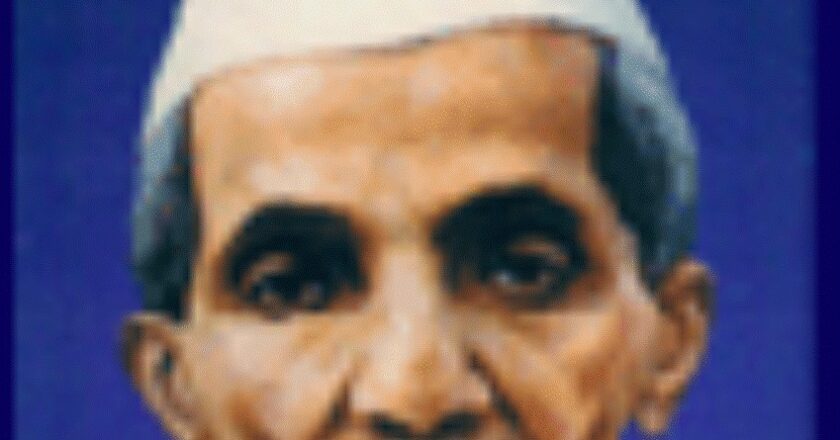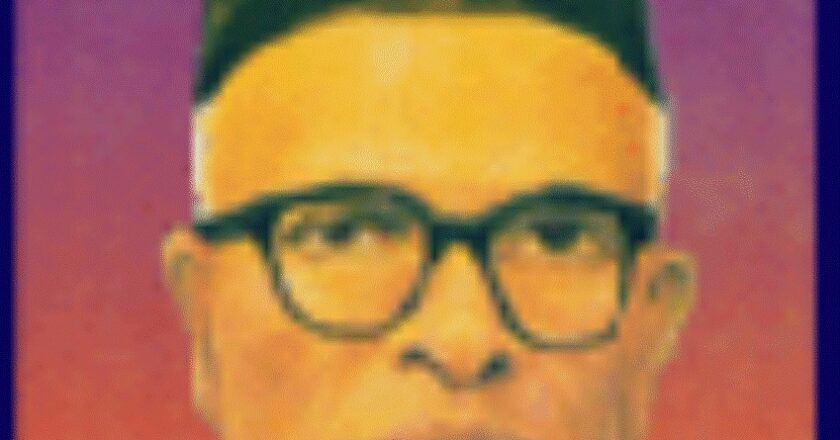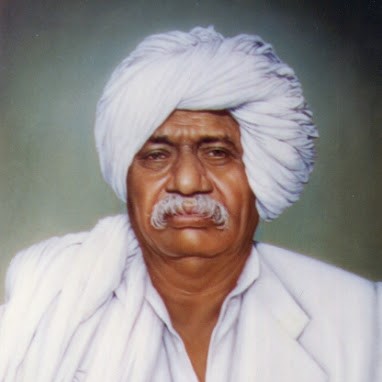Late Shri. Laxmanrao Inamdar
Swargiya Laxmanrao Inamdar was born on 21st September 1917 on the day of Rishi Panchami. He had seven brothers, of whom he was third, and two sisters. He hailed from Satara Dist. of Maharashtra and he was a practising lawyer by profession. He visualised a value-based and ethical Co-operative movement for rapid, sustainable & equitable growth of the Country. He was the chief motivational force in the formation of Sahakar Bharati in 1978.
Lakshmanrao Inamdar, popularly known as Vakil Saheb, was one of the early Pracharaks of RSS in Gujarat. He is credited with inducting Prime Minister Narendra Modi as Bal Swayamsevak in RSS. Vakil Saheb is credited with shaping Narendra Modi’s career and shared a special bond. Nilanjan Mukhopadhyay, author of a 2013 biogra...

